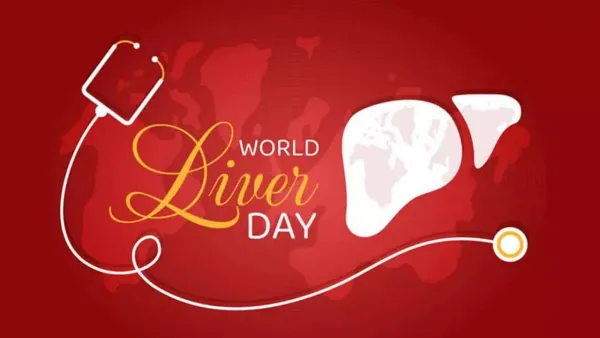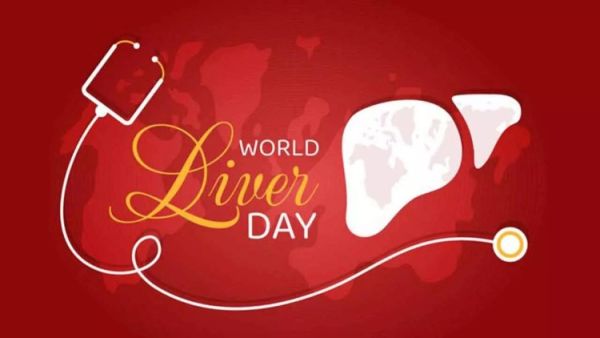
World Liver Day, observed on April 19, aims to increase public awareness of liver health issues and promote early detection and assistance for those with liver illnesses. The day is considerably more significant in India because of the nation’s growing organ transplant shortage and increased death rate from liver illness.

“Liver diseases are a major problem in India, where they caused the highest number of deaths worldwide in 2021 (277,130).” Only around 4,500 liver transplants were carried out overall in 2024, with only about 1,000 of them coming from dead donors, despite an anticipated 50,000 liver transplants being needed annually. This means that many patients will not be able to get this life-saving treatment. Prompt diagnosis and action are essential. Particularly in rural regions, late discovery, low awareness, and poor access to transplant facilities result in the loss of many lives.
The problem is not just with therapy; it is also with infrastructure, education, and detection. Often referred to as the “silent killer,” liver disease is often undetected until it has progressed, particularly in places with few resources. Organizations and medical experts throughout are urging a concerted effort to raise awareness, avoid disease, and donate organs on World Liver Day.
“Public education about liver health, especially the prevention of viral hepatitis and alcohol-related liver disease, must be a top priority on Liver Day. More awareness is required, even if India’s 2023 milestone of surpassing 1,000 dead organ donations is a result of rising awareness, medical progress, and a change in public opinion, particularly with regard to vital organs like the liver. One way to close the gap between supply and demand is to promote organ donation. Although the liver’s special capacity for regeneration gives optimism, transplantation is the only practical solution when it fails.
Sunayana Singh, the CEO of ORGAN India, is a prominent person in the Indian organ donation movement, emphasizing the need for ongoing infrastructural and educational development.
According to Sunayana Singh, “not just on Liver Day, but every day, we need to reaffirm our commitment to educating communities, enhancing transplant infrastructure, and tackling stigmas that prevent people from pledging their organs.” Since there will probably never be enough livers available for transplantation, every effort matters, whether it be by boosting donation pledges, lowering the number of liver illnesses linked to alcohol use, or promoting regular checkups. Let this day serve as a reminder that organ donation and liver health are human concerns as much as medical ones.
Her experience as the head of India’s transplant team provides compelling evidence that life after a transplant may be both normal and extraordinary.
“I have seen personally the incredible recovery after a liver transplant since taking on the role of Team Manager for India’s Transplant Team. After receiving a life-saving transplant, we have athletes who are likely fitter than the majority of us and who play football, tennis, and jog.
Meanwhile, non-alcoholic fatty liver disease (NAFLD) is on the increase, especially in young people and children, causing an unseen pandemic.
According to recent research, non-alcoholic fatty liver disease (NAFLD), which often stays undiagnosed until it reaches severe stages, affects around 38% of Indians. This issue also affects about 35% of children, which is alarming.
Better medical care is just one part of the answer; another is a cultural change that normalizes discussions about liver health and organ donation at an early age, particularly in communities and schools.
“Despite the urgent need, there is still a significant disparity between the supply and demand for organs, which emphasizes the critical need for greater awareness and organ donation. I’ve come to understand the very systemic nature of India’s organ donation problems, including a lack of infrastructure, access, and knowledge. We at ORGAN India are dedicated to ending this silence. We’re changing behavior via donor registration drives, school and hospital initiatives, grassroots efforts, and partnerships with legislators. We’re working to make organ donation discussions commonplace, approachable, and urgent. Anika Parashar, the founder and chairperson of ORGAN India, says, “On World Liver Day, we are reminded that true change starts when people are empowered with the knowledge that we can save lives, sometimes even after we are gone.”